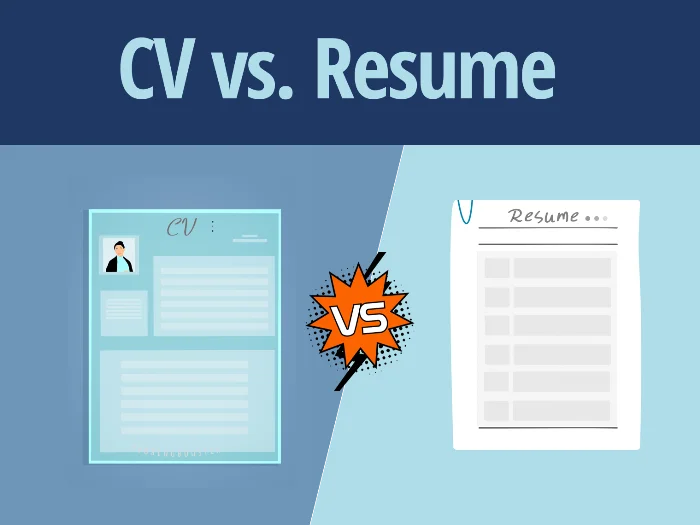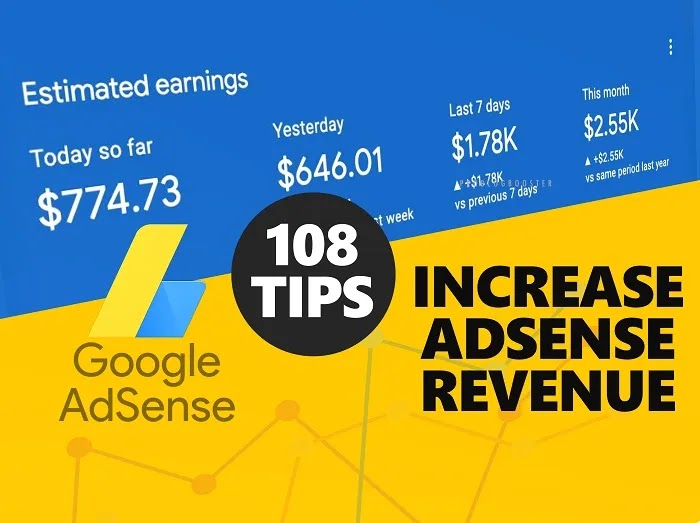WhatsApp offers features to enhance privacy, manage notifications, and improve communication, such as setting disappearing messages, muting group chats, and creating chat shortcuts. You can customize the app with custom chat wallpapers, bold or italicize messages, and even use a disappearing message feature for photos and videos. For convenience, you can pin important chats, reply to specific messages, and listen to voice messages before sending them. Check the most useful WhatsApp tips and tricks, such as how to screen share on WhatsApp. Listed coolest tips to help you get the most out of WhatsApp, from enhancing your app security and privacy to new customization features.
Resume Vs CV: 10 Key Differences between CV & Resume
Resume vs. Curriculum Vitae [CV] —
Why do some people prefer a CV instead of using a resume? European people used to use the word CV, whereas Americans used to use the word resume. There is no standard set by any to call your professional document a CV or Resume. It's all up to you and how you gonna use it for your specific circumference.
Your resume or a CV is your professional document, that helps you set an interview for your job application. And today I am gonna discuss the differences between a CV and a resume so you can choose which one is most suitable for your employment.

Resume vs CV: The difference between a CV and a resume
- CV [curriculum vitae] is a Latin word and if you want to go in-depth, you will find the actual meaning of it; in other words, it is called "course of life." So basically, your CV is based on your whole but academic life and professional experiences that you have undergone.
- In order to CV stands out from your competitors it requires detailed information about everything that you achieved in your life.
- A proper CV is specially recommended for people who want to switch or move forward in their career to the next level and who have experience of about 10 to 15 years in their work.
- A CV is requested specially when applying for academic roles, scientists, researchers' works, fellowships, or university positions. A resume is recommended for quick job search & application.
- The major difference between a resume and a CV is its length. The CV has no limits for its length but the resume needs to be less than two pages. Your resume is nothing but a brief and short overview that is summed up in one or two pages.
- A resume is a 1 to 2 pages summary report showing important points about your educational qualifications, skills, & a brief description of an experience.
- A CV is a 2 to 8 pages document that includes education, skills, experience, achievements, certificates, honors, recommendations, awards, publications, and references.
- You require to update your CV regularly if you achieve something new academically or professionally.
- You can add all your info in the CV as a broad description of everything you have accomplished in your professional and academic life.
- A resume is used for entry-level people and newly graduated students who searching for a job. They don't need to make a large CV, because their 'course of life9' is not large as well as they have limited working experience in their field. Obviously, a resume is the best option for such kinds of people. So, these are the basic key differences between a resume and a CV.









